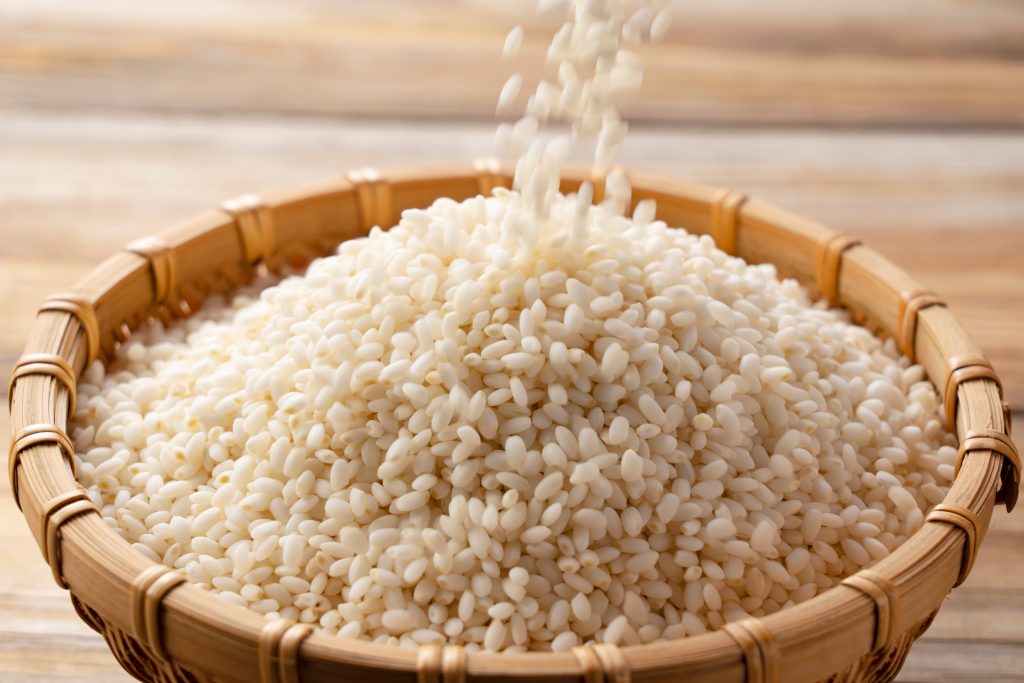
- ARAB NEWS
- 06 Jul 2025

TOKYO: Japan’s National Federation of Agricultural Cooperative Associations, or Zen-Noh, and two fertilizer industry groups said Friday they aim to end the use of plastic capsules containing fertilizers by 2030.
The tiny fertilizer capsules are mainly used to grow rice. An environment group’s research last year found that those capsules account for 15 percent of an estimated 157 tons of microplastics of 5 millimetres or less discharged into the ocean each year.
Many rice farmers are using the encapsulated fertilizers without knowing that the capsules are made of plastic, because they help the users save time to add fertilizers thanks to their features of gradually releasing the manure content into soil and preventing much of the content from leaking into groundwater.
While setting the zero-use target, Zen-Noh and the two groups will try to inform all users that the capsules are plastic, implement measures to keep the capsules staying in paddies, and develop alternative products.
The agriculture ministry will support the three parties’ efforts by calling on local governments and other industry groups concerned to cooperate, people familiar with the situation said.
JIJI Press